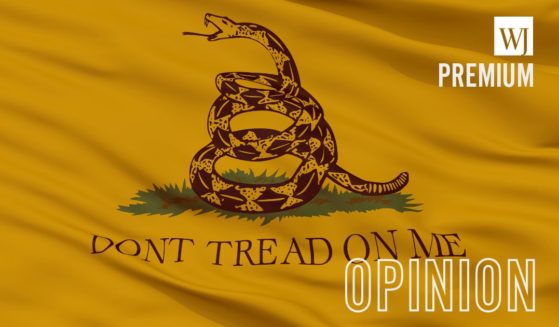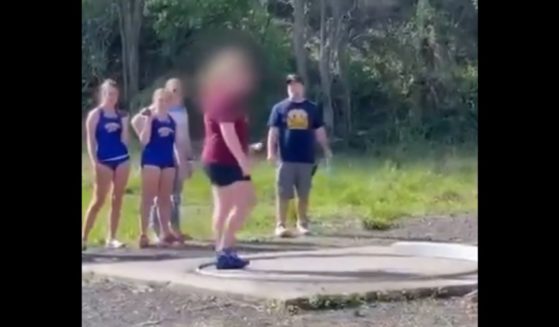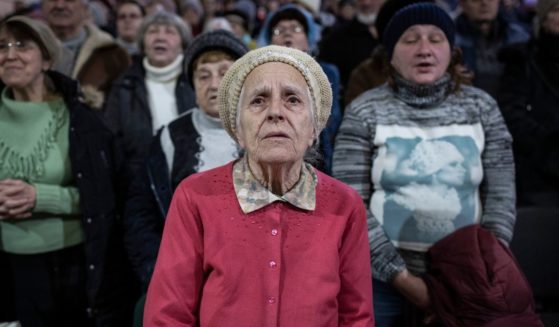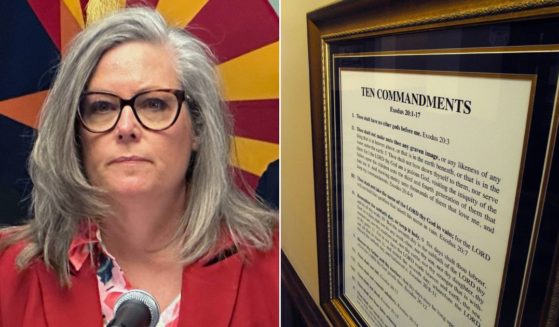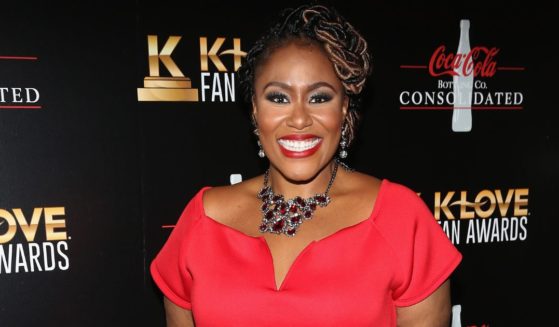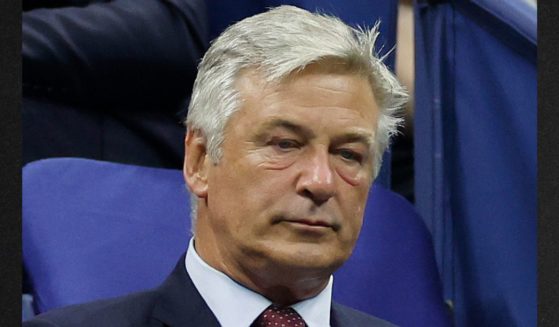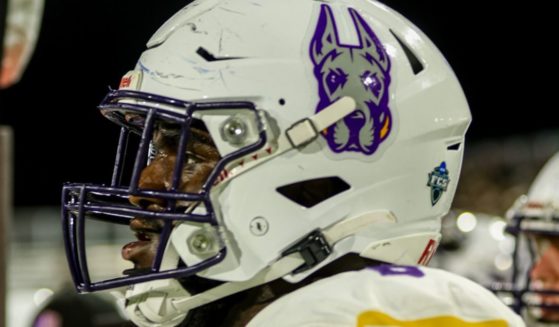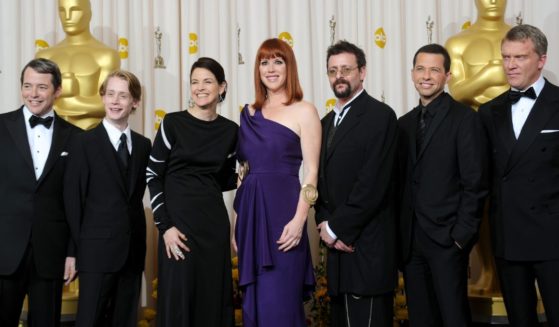Psychological Association Comes Out for Gun Control, Says Not to Blame Mass Shootings on Mental Illness
If there’s one thing we can all probably agree upon, it’s that mass shooters almost certainly suffer from some sort of mental illness.
This shouldn’t be a controversial conclusion, even among people who have mental illness. For instance, even though I live a perfectly normal and totally functional life, I have a mental illness; I’ve suffered fairly severe cases of both panic disorder and generalized anxiety disorder, both of which have been under control for quite some time.
I don’t feel like I’m being stigmatized when we say mass shooters are mentally ill because, well, it’s pretty much tautological. To engage in mass murder of people you don’t know for any reason indicates, on its face, a mental illness.
The American Psychological Association is the United States’ largest group of psychologists, which makes it one of the chief authorities on mental health in the United States and abroad. It’s supposed to opine on issues of mental health and, well, that’s supposed to be extent of it.
Well, apparently, the association’s leaders don’t think that mental health has a lot to do with mass shootings — or, if it does, we shouldn’t talk about it. They do, however, believe that gun control will stop said shootings. Because if there’s anything that psychologists know about, it’s gun control policy.
In a statement released after President Donald Trump’s address at the White House on Monday, in which he proposed mental health initiatives to prevent mass shootings in the future, the APA said that “the overwhelming majority of people with mental illness are not violent and far more likely to be victims of violent crime than perpetrators of violence,” according to The Hill.
“Rhetoric that argues otherwise will further stigmatize and interfere with people accessing needed treatment. Individuals can also be emboldened to act violently by the public discourse and divisive rhetoric.”
The statement echoed similar sentiments from APA President Rosie Phillips Davis on Sunday after the shootings in El Paso, Texas and Dayton, Ohio, which have, at present, claimed the lives of 32 people.
“Routinely blaming mass shootings on mental illness is unfounded and stigmatizing. Research has shown that only a very small percentage of violent acts are committed by people who are diagnosed with, or in treatment for, mental illness,” Phillips Davis said.
“The rates of mental illness are roughly the same around the world, yet other countries are not experiencing these traumatic events as often as we face them. One critical factor is access to, and the lethality of, the weapons that are being used in these crimes. Adding racism, intolerance and bigotry to the mix is a recipe for disaster.”
In his speech Monday, the president called the perpetrators of the mass shootings “mentally ill monsters.”
“We must reform our mental health laws to better identify mentally disturbed individuals who may commit acts of violence,” Trump said, “and make sure those people, not only get treatment, but when necessary, involuntary confinement.”
“Mental illness and hatred pull the trigger. Not the gun,” he added.
So, that’s what the president said. Let’s bullet-point what the nation’s largest group of psychologists is saying:
- Mass shooters aren’t necessarily mentally ill.
- This is proven by the fact that the vast majority of violent acts aren’t “committed by people who are diagnosed with, or in treatment for, mental illness.” (Mind you, these violent acts are usually not mass shootings, but shh.)
- Even if mass shooters are mentally ill, pointing out that their mental illness may stigmatize the mentally ill, so shut up about it.
When the president of the United States cares more about the abnormal psychology behind mass shootings than the APA does, that’s a pretty sad day.
Then again, this isn’t so much a psychological point as a political one. Take this tweet from gun-control cheerleader Sen. Chris Murphy, a Connecticut Democrat:
19 out of 20 murderers have no mental illness diagnosis.
4 out of 5 mass shooters have no mental illness diagnosis, and half showed no signs on a prior, undiagnosed illness.
Framing this as just a mental illness problem is a gun industry trope. Period. Stop.
— Chris Murphy (@ChrisMurphyCT) August 4, 2019
“19 out of 20 murderers have no mental illness diagnosis,” he tweeted Sunday. “4 out of 5 mass shooters have no mental illness diagnosis, and half showed no signs on a prior, undiagnosed illness.
“Framing this as just a mental illness problem is a gun industry trope. Period. Stop.”
Oh, well, he said, “Period. Stop.” That settles it, debate over.
Except that’s somewhat problematic when you’re dealing with the tragedies that happened this past weekend.
In El Paso, the shooter left behind a manifesto that nobody could read and believe came from the mind of a sane person.
In Dayton, the shooter was suspended from high school for compiling a list of people he wanted to kill and/or rape, according to The Associated Press. He also played in a band that wrote and performed songs about murdering and raping women, releasing albums with titles like “6 Ways of Female Butchery.” (Here’s the information on that, which we must warn you contains graphic imagery; reader discretion is advised.)
“There was an incident in high school with this shooter that should have prevented him from ever getting his hands on a weapon. This was a tragedy that was 100% avoidable,” one of the Dayton shooter’s classmates tweeted, according to the AP.
The statements from the APA president and Sen. Murphy are both terribly flawed at a political level, as well.
In Phillips Davis’ case, she neglects other cultural factors when it comes to gun violence, particularly when you consider that gun bans don’t actually seem to reduce murder rates.
As for Murphy, he seems to openly admit that many mass shooters have undiagnosed mental illness when he says that 80 percent haven’t been diagnosed with a mental illness but only half showed no signs of a mental illness. However, how are we to know they showed no signs? Which study is he citing? Were the signs missed by a family that didn’t know what to look for? Were those around the shooter in denial?
Incidentally, for someone who thinks that looking at mental illness as a key factor in mass shootings is nothing more than a “gun industry trope,” Murphy has been very supportive of so-called “red flag laws,” which would provide a way to seize the weapons of an individual without due process if it were suspected they were a danger to themselves or others — in other words, mentally ill.
I never thought we would live in a day and age where saying that an individual who shot people at random was mentally ill would be considered controversial. And yet, here we are, with the American Psychological Association saying that we shouldn’t associate mass shootings with mental illness — not necessarily because the mental illness isn’t there, mind you, but for reasons of political correctness and expediency.
This is a shameful statement that has nothing to do with avoiding the stigmatization of the vast majority of people with mental illness who will never commit a crime.
I don’t feel stigmatized and I don’t need the APA to speak for me. I’m hardly alone in this matter. This is about unscientific virtue-signaling, plain and simple, and it should be treated (and dismissed) as such.
Truth and Accuracy
We are committed to truth and accuracy in all of our journalism. Read our editorial standards.


